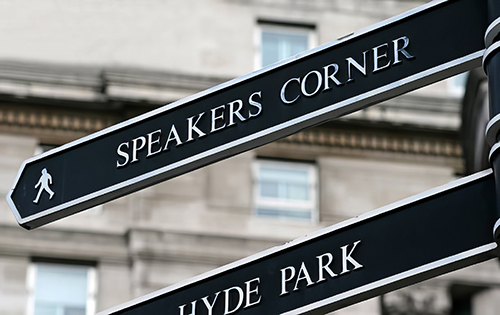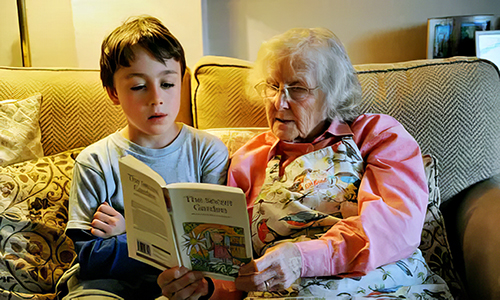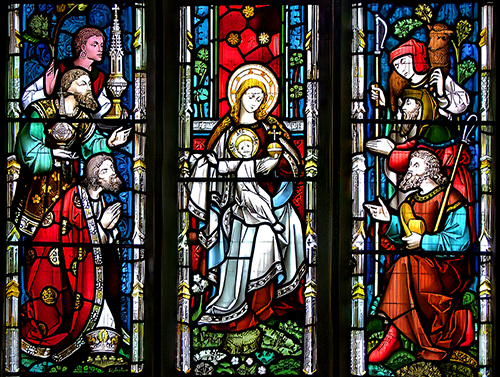
On the north-eastern edge of Hyde Park, a stone’s throw from Marble Arch, is Speakers’ Corner.
One of the best-known locations for public speaking and debate in the world, the premise is simple: anybody can turn up and talk on any subject they like, as long as it is lawful.
The place known today as Speakers’ Corner began life as a place for public execution. Speakers’ Corner was home of the notorious Tyburn hanging tree.
He condemned were taken to Tyburn on a cart and had to ride with the hangman and the prison Chaplin.
When finally at the gallows, felons might speak to the crowd and these speeches often would be directed right at the heart of the state.
Speakers’ Corner evolved from these speeches, which attempted to explain, justify and or give meaning to life or lives. And so Tyburn developed into a political arena for public debate and discussion. That remains, the defining principles of Speakers’ Corner rooted within the culture that was the Tyburn Hanging Tree.
Frequently, as in this morning’s Gospel, the Gospel writer records Jesus, “When the Sabbath came, he entered the synagogue and taught.” (Mk. 1:21)
To this day, no one has any idea what Jesus taught!
Many occasions throughout the Gospels are mentioned of Jesus going to the synagogue and teaching, and yet there is no record of what he said.
Speakers Corner at Hyde Park has hosted many famous individuals, such as Friedrich Engels, Marcus Garvey, Vladimir Lenin, George Orwell and Christabel Pankhurst. The Catholic apologist Frank Sheed spoke regularly, as did Vincent MacNabb OP, and members of the Catholic Evidence Guild.
What was said may well be long forgotten, however who said and how it was said left a lasting memory.
Our Gospel recalls, “They were astounded at his teaching, for he taught them as one having authority.” (Mk. 1:22)
I know that some of the best homilies I have preached have been my shortest – why, because the listener is left with the message rather than the messenger.




